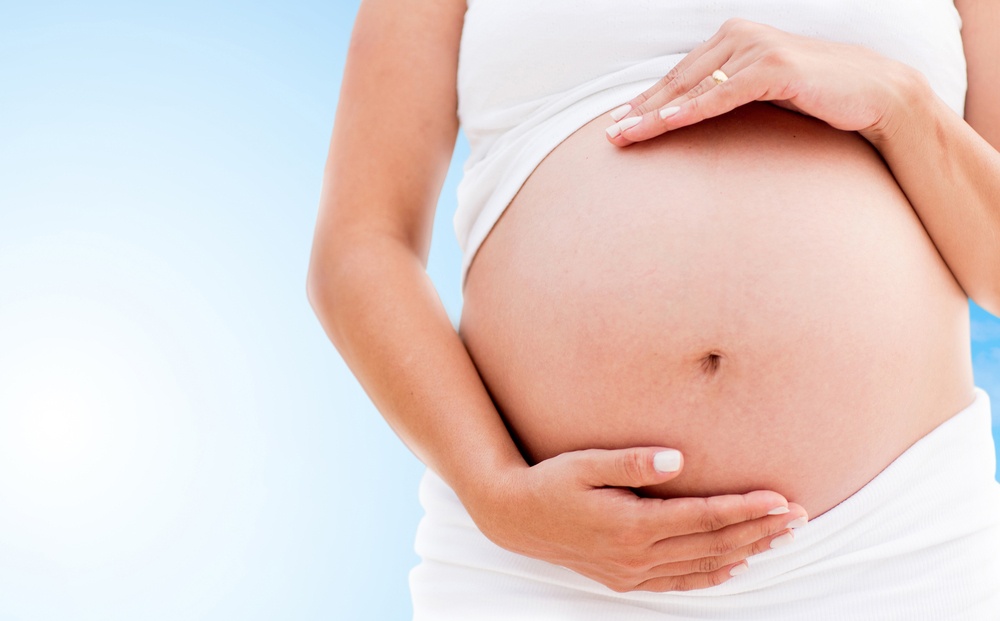Results from a recent study published in the journal Dermatologic Surgery have shown that women who became pregnant after being diagnosed with melanoma did not experience a significantly worse clinical prognosis.
Melanoma is one of the few cancers that occurs with measurable incidence in young adults, as such there is a high proportion of women who are affected during their childbearing years. Cutaneous melanoma is the most common cancer affecting females aged between 20 and 29 years in the United States and those aged 17 to 33 years in Australia.
The question of how a previously diagnosed melanoma could be affected by a woman’s subsequent pregnancy has been debated in the literature, however a clear answer has not been established.
In the study titled “Does Pregnancy After a Diagnosis of Melanoma Affect Prognosis? Systematic Review and Meta-analysis”, Adele C. Green, from the Royal Brisbane Hospital in Queensland, Australia and colleagues investigated the effect of a subsequent pregnancy on cause-specific death and melanoma recurrence.
For the study the Cochrane Database, Medline, Embase, Cinahl and PubMed were reviewed and the researchers used the search terms “pregnancy,” “prognosis” and “melanoma.”
Studies comparing melanoma outcomes of women in their childbearing age who became pregnant after diagnosis and those who did not were collated. The results showed that of 304 citations identified, 5 studies met the inclusion criteria. All of these studies investigated melanoma death and two of them investigated melanoma recurrence.
The researchers found there was no effect of subsequent pregnancy on melanoma mortality after 11 to 20 years of follow-up (pooled hazard ratio, 0.81; 95% confidence interval, 0.60–1.09). The results also showed that there were no significant differences in melanoma recurrence.
“The findings of this systematic review and meta-analysis suggest that there is no significant influence of a subsequent pregnancy on the outcome of the previous melanoma,” the researchers concluded. “However, in view of the wide CI around the pooled estimate for risk of melanoma death, some ill effects of a subsequent pregnancy cannot yet be ruled out. Relevant data are sparse, suggesting that cautionary approach is warranted regarding childbearing advice to melanoma survivors.”


